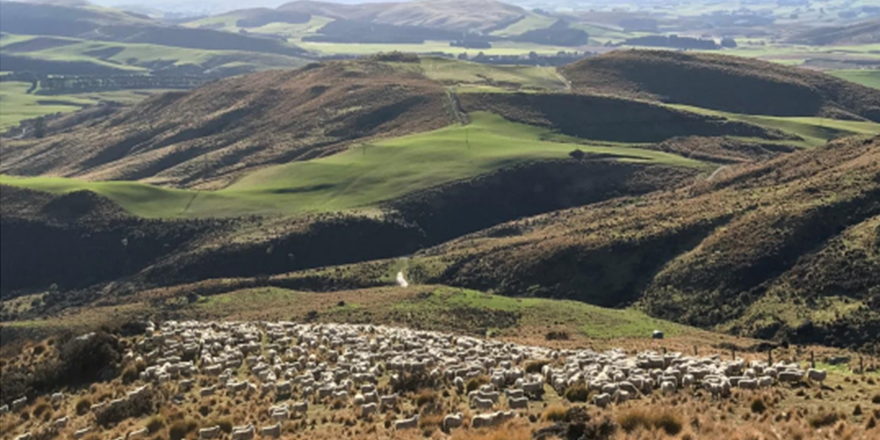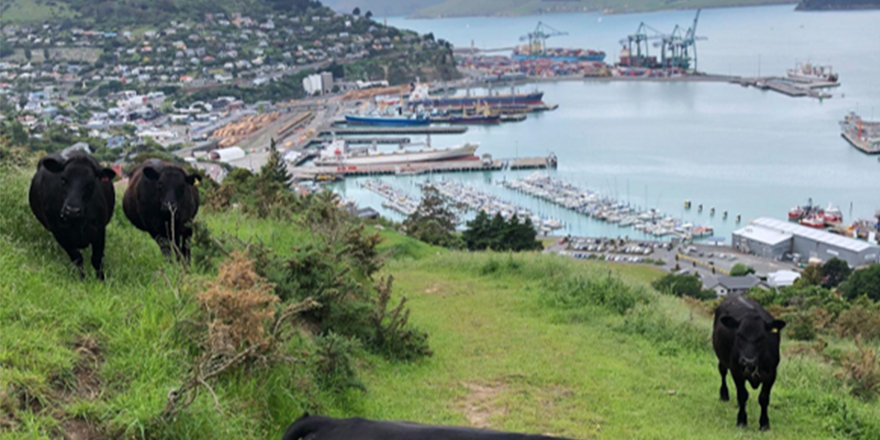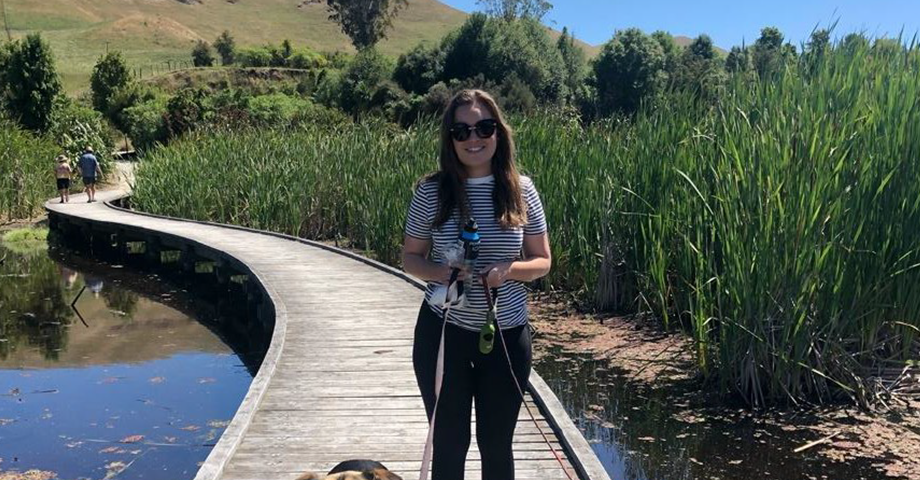
Executive Summary
High quality agricultural science underpins New Zealand’s primary sector, economy, rural communities, and wider society. The science capability of New Zealand’s agricultural sector is largely responsible for our competitive advantage in the global food market. The ability to produce safe, healthy food is highly dependent on robust science, technology, and innovation.
NZ agricultural scientists do an outstanding job of translating their research to farmers. This can be measured through the productivity gains we have seen over the past few decades in pastoral farming systems.
There is a disconnection of the public’s understanding of what happens to our food and fibre, through the supply chain, from pasture to plate. The objective of this research was to understand how New Zealand’s primary industry can communicate the importance of agricultural science more effectively to the New Zealand public, and who should be responsible for doing this. Understanding how the rural community views current government support for agricultural science and science funding is also important.
The aim here is to determine how best to ensure that there is a better appreciation of the value of agricultural science to New Zealand’s bioeconomy.
Fifteen semi-formal interviews were undertaken with farmers, industry personnel and scientists who work, or have worked, in the public and/or private sectors. Key themes were identified for discussion through thematic analysis. Qualitative data was labelled, collated, and reviewed to identify patterns with a shared meaning.
There were several key findings from this research. Firstly, the research suggests that our primary industry does not communicate our agricultural science effectively to the New Zealand public.
The link between the science community and the public need improving to ensure science messages are understood by the urban community. The primary sector needs to communicate simple, consistent messages, which are objective, fact based, and are packaged to resonate with the public and support strong story telling. To find some common ground with our urban counterparts, we need to outline the health, social and environmental impacts of our products, and align this to their values and beliefs. As well as providing information to help people understand the ‘why’ about our different farming practises.
Respondents’ views were divided over who is responsible for agricultural science communication. Some thought scientists, industry, and farmers should individually be responsible – but a collective co-ordinated effort is required. It was evident the primary industry would benefit from having more Honest Brokers (Pielke
Jr, 2007) to communicate our messages to society. Honest Brokers are trusted scientists who engage with the public and can provide a wide scope of information to help the receiver make a well-informed evidence-based decision.
A pattern emerged that agricultural science needs political leadership, without politicising the science content. Policy makers need better connection with farmers to understand how farm systems operate. Respondents were of the opinion that central government does not support the primary sector enough through science
investment and that the current funding model is not working. Given the importance of agricultural science and innovation to the New Zealand economy and society, this should be a central focus for our government to address.
There is an opportunity for a national conversation about targeted science communication. Several recommendations were drawn from this research. Given the link is missing for scientists to communicate agricultural science to the public, a strategy needs to be built to get agricultural science into mainstream media. This requires a collective working group with individuals from different areas of the industry supply chain, scientists, media, as well as central government. MPI and CRI’s could also develop specialist communication units to transfer science messages to the wider public, not just to farmers, academics, and stakeholders. A further proposal was that the primary industry needs more government support, through
funding for agricultural science and a revamp of the current funding system.
The recommendations could start with The Royal Society or the New Zealand Institute of Agricultural and Horticultural Science (NZIAHS), working in conjunction with selected Honest Brokers and the primary industry
to have a national conversation on effective science communication. Central government’s influence, with a top-down approach, can also have a positive flow on effect, where society sees the value of our industry and especially our agricultural science capability.
Download and read the full report here




